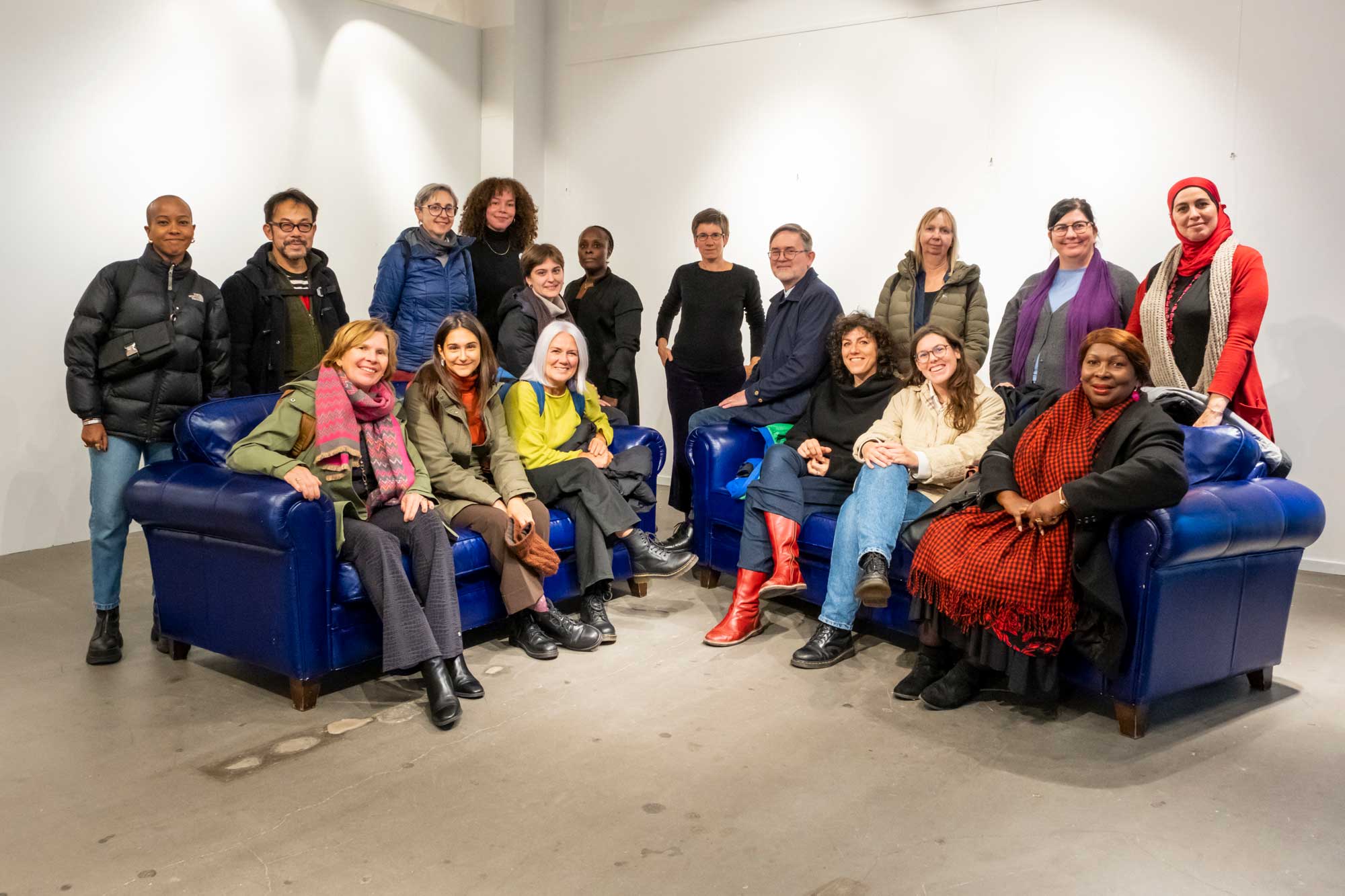WOMEN4INTEGRATION
Netwerkpro is internationally active
in several innovative projects
WOMEN4INTEGRATION – FROM NEIGHBOURHOOD TO EUROPE
The project Women4Integration (W-IN), cofounded by the European Union’s Asylum, Migration and Integration Fund wants to support the economic and social integration of vulnerable migrant women living in marginalized neighbourhoods of big European metropolis. It is realized in Italy, Spain, the Netherland and Sweden and takes place in four marginalized areas of Amsterdam (East and South-East), Barcelona (Raval), Malmö (Rosengård) and Milan (San Siro).
All these neighbourhoods are characterized by a high concentration of migrant population and a high presence of foreign women, particularly vulnerable due to low levels of schooling and precarious socio-economic conditions. However, they are also neighbourhoods in which there is a strong presence of active local networks, made up of informal groups and associations that work daily to promote social cohesion.
In this two-year project, partners will organise training programmes and share best practices. We thus contribute to empowerment, community participation and professional skills and connections. A total of 300 women in the partner countries will go through the programme.
WOMEN4INTEGRATION: THE PROJECT IN THE NETHERLANDS
In the Netherlands, the WIN project is realized in the neighbourhoods of Amsterdam Oost and Zuidoost, each with about 38,000 inhabitants and a 35% share of migrant population with more than 150 ethnic backgrounds. Migrants come mainly from Suriname, Morocco and Turkey. In 2007, the eastern sector of the Bijlmermeer neighbourhood, where nearly 50,000 people live, was designated as a deprived neighbourhood by Minister of Housing.
The project is coordinated by Soleterre (www.workisprogress.org) in collaboration with the Municipality of Milan, Politecnico di Milano, Il Telaio delle Arti and Piano C. Other partner organisations are SURT, Malmo University and Yalla Trappan.
This project is made possible by the European Union’s Asylum, Migration and Integration Fund.


